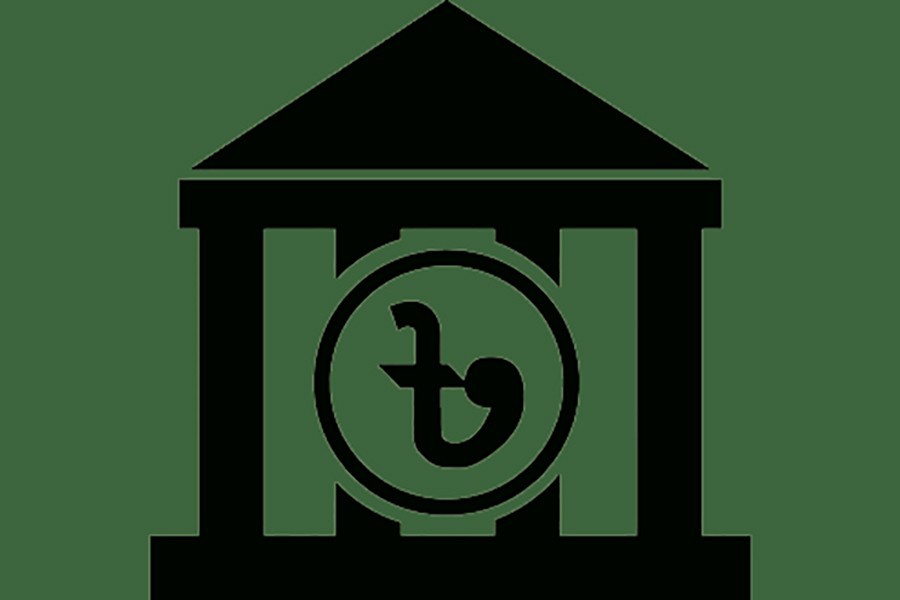Govt moves to allow all banks to handle Challan transactions
Bankers greet the move with optimism

Published :
Updated :

All the 59 commercial banks are likely to be allowed to handle "challan" that serves as the biggest instrument of submitting money to the public exchequer.
The Finance Division, which has been working on how to allow them to act parallel with the Sonali Bank and the Bangladesh Bank, said it might take effect within the next couple of months.
People who need to deposit fees, taxes and even penalties use the mode of challan, the oldest instrument. Currently, only the branches of the central bank and the largest state-owned commercial bank Sonali can handle it.
"We're looking to launch the facility for all banks from October in Dhaka," said an official at the Finance Division while talking to the FE.
He also said the facility would be expanded across the country later this year.
He said the government receives the funds deposited through Challan two or three days after transactions. On introduction of the facility for all banks, the government will receive such funds in no time as those will be "real-time" transactions.
"Our borrowing to meet urgent payment obligations will also come down," the official added.
Bankers have told the FE that this is a laudable move by the government as it will increase the deposit flow and also investment opportunities.
Anis A. Khan, Managing Director and CEO at the privately-owned Mutual Trust Bank Ltd (MTB), told the FE that taking the facility even to the union level is a laudable move by the government at a time when the government services are expanding.
He said the government services are expanding and the people's income is rising. So they need alternative avenues to deposit fees and tariffs.
"This will create a big avenue of opportunity for the people to deposit the money to the government exchequer," Mr Khan noted.
"To my mind, this will help make life easy for the people as they will get an opportunity to make Challan transactions at the rural branches and even through some ATMs."
While talking about its impact on the banks, he said the facility would help improve the deposit flow of the banking sector.
"If we have a higher deposit flow, our opportunity of lending to different productive sector will also increase," said Mr Khan, who had served as chairman at the Association of Bankers, Bangladesh (ABB).
Syed Mahbubur Rahman, chairman of the ABB, a platform of senior bankers, told the FE that this is definitely a good move by the government and this type of decentralisation of the instrument is needed.
Mr Rahman said: "This decentralisation is a good move from the point of view of both people and the banks," Mr Rahman said.
The state-owned Sonali Bank said this is a good move as it will help the largest bank concentrate on other banking services.
Md. Obayed Ullah Al Masud, managing director of the Sonali Bank, told the FE: "I am happy over the government plan as it will help the bank concentrate on the people's welfare-oriented banking services."
Mr Masud said there are many branches which largely handle the treasuries. "We cannot provide other services as this is a huge task at some branches."
People use challan as the biggest mode of money deposit to the government's consolidated fund to enjoy different services for purposes ranging from agriculture to utility. The Challan transactions account for over 90 per cent of the national exchequer fund. The remaining 10 per cent account for adjustments with the donor funds and others.
Earlier, on an average, 9.2 million Challan transactions occurred through the branches of the Bangladesh Bank and the Sonali Bank.
But in the fiscal year 2018-19, over 14.8 million Challan transactions took place through the channel fetching Tk 24 billion in commission to the Sonali Bank.
The volume of money involving Challan transactions is over Tk 4.34 trillion a year.
Earlier under a reform programme the Challan procedure was made available online.
jasimharoon@yahoo.com


 For all latest news, follow The Financial Express Google News channel.
For all latest news, follow The Financial Express Google News channel.